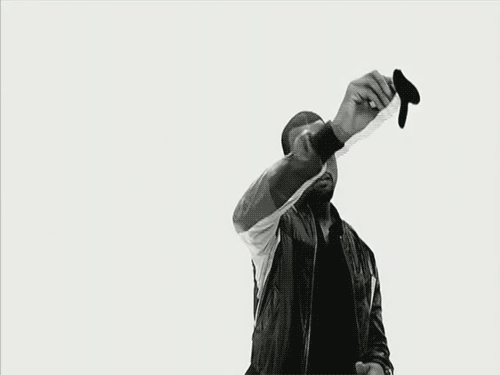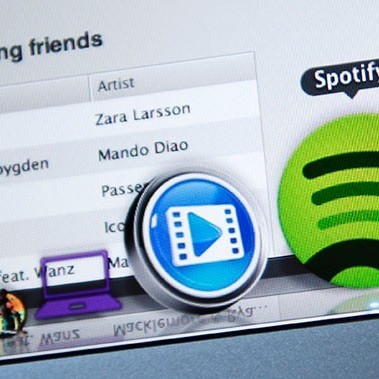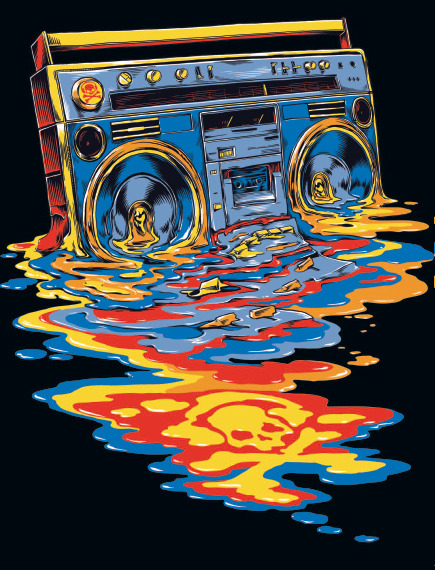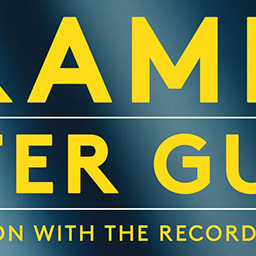The Official Funky Management Blog Based in the Washington, DC Metropolitan area, we are an artist management and representation company dedicated to discovering, developing and delivering exceptional talent to the world.
407 posts
The Good Life.

The Good Life.
-
 dingodi-1 liked this · 4 years ago
dingodi-1 liked this · 4 years ago -
 marvinsroomfuckthatnigga reblogged this · 7 years ago
marvinsroomfuckthatnigga reblogged this · 7 years ago -
 blakkhippy5650-blog reblogged this · 7 years ago
blakkhippy5650-blog reblogged this · 7 years ago -
 blakkhippy5650-blog liked this · 7 years ago
blakkhippy5650-blog liked this · 7 years ago -
 realmoneysniper reblogged this · 8 years ago
realmoneysniper reblogged this · 8 years ago -
 kyerramist-blog reblogged this · 9 years ago
kyerramist-blog reblogged this · 9 years ago -
 abdulghani reblogged this · 9 years ago
abdulghani reblogged this · 9 years ago -
 sabfld reblogged this · 9 years ago
sabfld reblogged this · 9 years ago -
 nalicia33 reblogged this · 9 years ago
nalicia33 reblogged this · 9 years ago -
 mynamebepete reblogged this · 9 years ago
mynamebepete reblogged this · 9 years ago -
 sykfukk reblogged this · 9 years ago
sykfukk reblogged this · 9 years ago -
 yungxshogun reblogged this · 9 years ago
yungxshogun reblogged this · 9 years ago -
 yonce-sama reblogged this · 9 years ago
yonce-sama reblogged this · 9 years ago -
 trinidiazzz liked this · 9 years ago
trinidiazzz liked this · 9 years ago -
 donpotfboy reblogged this · 9 years ago
donpotfboy reblogged this · 9 years ago -
 donpotfboy liked this · 9 years ago
donpotfboy liked this · 9 years ago -
 0tranoche liked this · 9 years ago
0tranoche liked this · 9 years ago -
 0tranoche reblogged this · 9 years ago
0tranoche reblogged this · 9 years ago -
 bubblegummmie liked this · 10 years ago
bubblegummmie liked this · 10 years ago -
 smiles100988 reblogged this · 10 years ago
smiles100988 reblogged this · 10 years ago -
 smiles100988 liked this · 10 years ago
smiles100988 liked this · 10 years ago -
 vaginahavingfriend09 liked this · 10 years ago
vaginahavingfriend09 liked this · 10 years ago -
 nycmade95 liked this · 10 years ago
nycmade95 liked this · 10 years ago -
 roddyrod24 reblogged this · 10 years ago
roddyrod24 reblogged this · 10 years ago -
 sittingprettyxo reblogged this · 10 years ago
sittingprettyxo reblogged this · 10 years ago -
 thiswasthebesticouldthinkof reblogged this · 10 years ago
thiswasthebesticouldthinkof reblogged this · 10 years ago -
 crouchingcamerahiddenhermit reblogged this · 10 years ago
crouchingcamerahiddenhermit reblogged this · 10 years ago -
 crouchingcamerahiddenhermit liked this · 10 years ago
crouchingcamerahiddenhermit liked this · 10 years ago -
 reelaxation reblogged this · 10 years ago
reelaxation reblogged this · 10 years ago -
 mattcus reblogged this · 10 years ago
mattcus reblogged this · 10 years ago -
 mattcus liked this · 10 years ago
mattcus liked this · 10 years ago
More Posts from Funkymgmt-blog-blog
In June, David Lowery, singer-guitarist of Cracker and Camper Van Beethoven, posted part of a royalty statement to his blog The Trichordist. Cracker's song "Low," he revealed, had been played 1,159,000 times on Pandora in three months; Lowery, in his capacity as the song’s co-composer, was paid $16.89. For 116,280 plays on Spotify, Lowery got $12.05. Meanwhile, "Low" racked up only 18,797 plays on AM and FM radio stations during the same quarter. But for far fewer spins, Lowery received far more money: $1,373.78, to be exact.
Just last month, Thom Yorke of Radiohead and producer Nigel Godrich pulled their Atoms for Peace project off of Spotify, citing similar inequities in how music-streaming services pay artists. "Make no mistake new artists you discover on #Spotify will [not] get paid,” Yorke declared on Twitter. “[M]eanwhile shareholders will shortly [be] rolling in it. Simples."
Maybe. Or maybe it's not quite as simples as that. The image of wide-eyed young musicians having their lunches eaten by rapacious corporations is pretty compelling, and the ongoing collapse of the record business makes it look even scarier. The week ending July 28 had the lowest total album sales documented since Billboard started using Soundscan to track sales in 1991.
But it's also worth considering who's paying whom when music gets streamed, and how that might change. Whenever you read a shockingly low number and worry about the fate of your favorite band, it's worth keeping three things in mind.
1) "The music business" is not the same thing as "the recorded music business"—especially for musicians. A recent survey by the Future of Music Coalition found that, on average, 6 percent of musicians' income comes from sound recordings. That's not an insignificant amount, but it's also a lot less than what nonmusicians might guess. (And, although there isn't reliable data from the pre-Napster era, anecdotal evidence suggests that the percentage has never been much higher.) Recordings are how listeners generally spend the most time experiencing music, but not how we spend the most money experiencing music. In practice, recordings mostly serve as promotion for the other ways musicians make money: performing, most of all, but also salaries for playing in orchestras and other groups, session work, and so on.
Continue Reading
With the Grammys a few short weeks away, Billboard.biz has everything you need for music's biggest night (and week) -- analysis of all the major nominees, a letter from editorial director Bill Werde, behind the scenes with the telecast's longtime producer Ken Ehrlich and much, much more.
The past 12 months had more great music going on than any year in recent memory. Some of the most innovative artists of the last decade — Kanye West, Daft Punk, Queens of the Stone Age, Vampire Weekend and Arcade Fire — all made watershed albums. Rock & roll greats like John Fogerty, Paul McCartney and David Bowie proved they could be as vital as ever. The EDM explosion kept blowing up thanks to artists like Disclosure and Avicii; old-school titans like Eminem and Pusha T pushed hip-hop forward alongside new-school innovators like Chance the Rapper, Earl Sweatshirt, J. Cole and Danny Brown; Kacey Musgraves and Ashley Monroe made country that was traditional and iconoclastic. But the most exciting news of the year might've been the astonishing number of breakout new artists, from retro-Eighties sister act Haim, to Brit-folk prodigy Jake Bugg, to indie-rockers Parquet Courts, to post-punkers Savages to chart-topping 17-year-old truth-bomber Lorde. Even Miley Cyrus' wrecking ball of an adult-oriented breakout album was kinda awesome. Oh 2013, you gave so much and asked so little; 2014, get crackin'. You've got a lot to live up to.
Continue Reading




